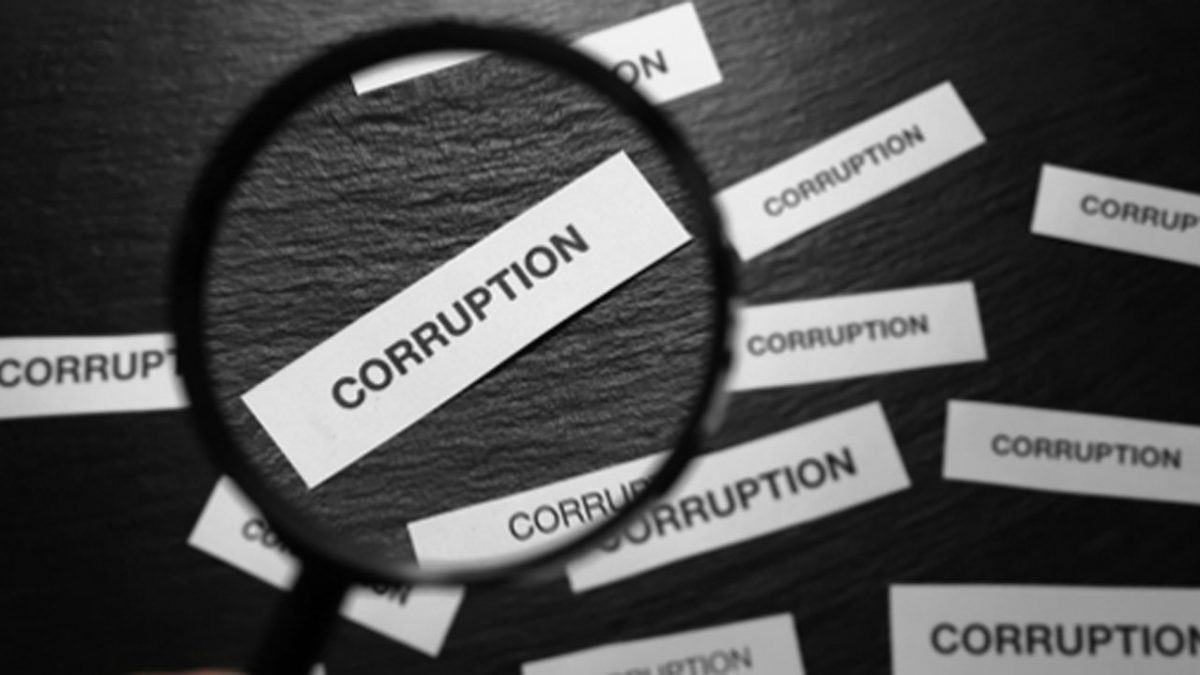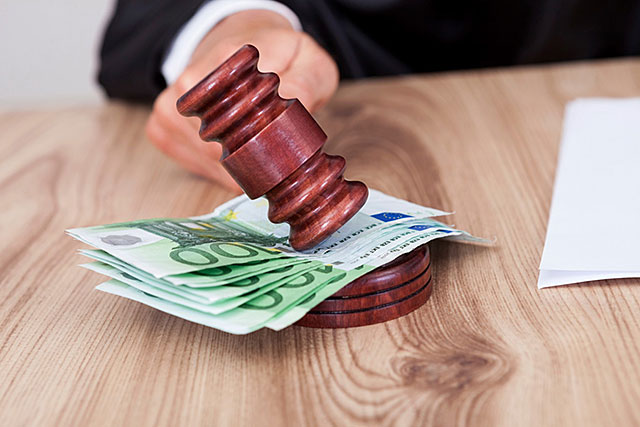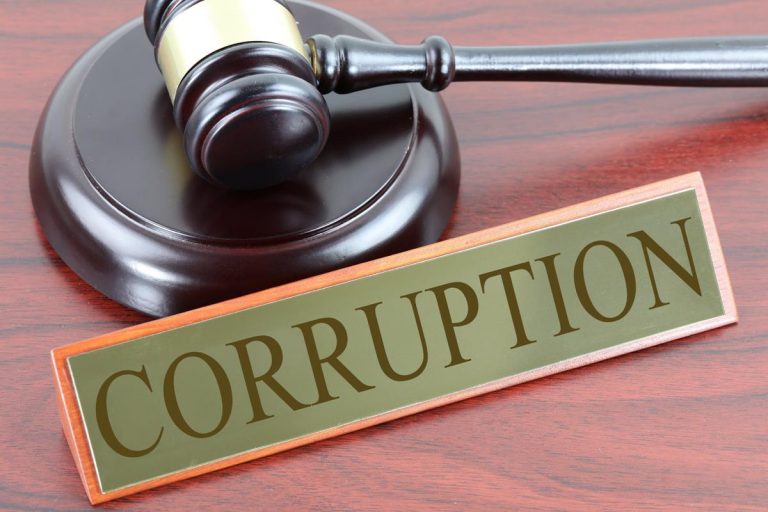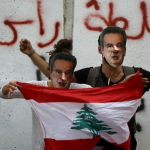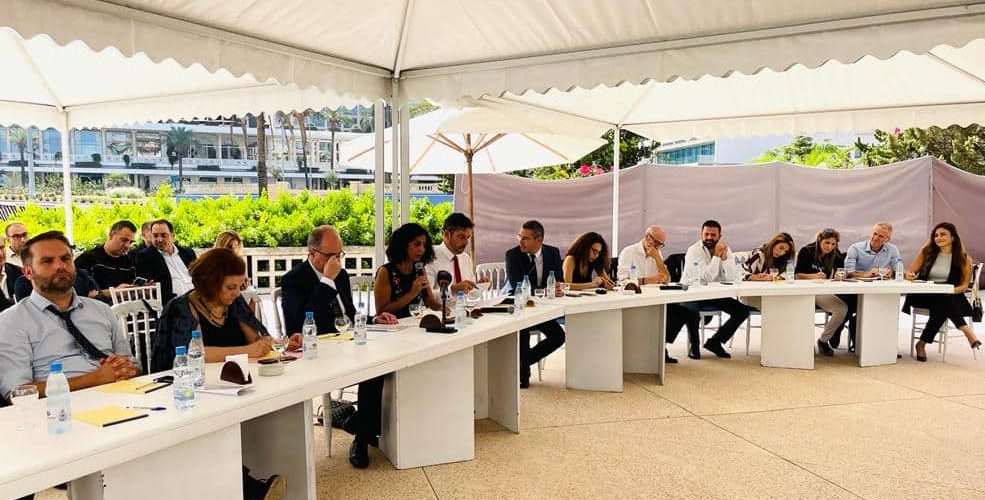
Le dossier juridique du Casino du Liban
17 September 2022
History and evolution of the anti-corruption laws in Lebanon
20 September 2022The word corruption is derived from the Latin word “corruptus” meaning to break. It accentuates the destructive effect of corruption on society. Lebanese society is a victim of a corrupted institutional system that has pervaded every vein of its device. Corruption is a common burden that requires a united riposte in order to build a healthier and more transparent foundation. Public unconsciousness and an inert judicial system lay at its roots. Our society needs dedicated and tenacious elected officials to stave the political and judicial system off abuse. To that extent, the idea of impunity must be deconstructed from the public opinion’s mind.
As the United Nations Convention Against Corruption, 2003 defines it: “Corruption is an insidious plague that has a wide range of corrosive effects on societies. It undermines democracy and the rule of law, leads to violations of human rights, distorts markets, erodes the quality of life and allows organized crime, terrorism and other threats to human security to flourish. This evil phenomenon is found in all countries—big and small, rich and poor—but it is in the developing world that its effects are most destructive. Corruption hurts the poor disproportionately by diverting funds intended for development, undermining a Government’s ability to provide basic services, feeding inequality and injustice and discouraging foreign aid and investment. Corruption is a key element in economic underperformance and a major obstacle to poverty alleviation and development.”
When we talk about corruption, we are referring to violations of probity, which include bribery, but also influence peddling, illegal taking of interest, misappropriation of public property, favoritism and bribery. Corruption includes all persons who are induced to act corruptly, whether in the discharge of public duties or otherwise. According to the Council of Europe, corruption is “a threat to the rule of law, democracy and human rights (...) and endangers the stability of democratic institutions and the moral foundations of society”. A corrupt state is a state which fails to provide public services, and creates grave injustices. The fight against corruption consists in fostering vigilant counterpowers and powerful safeguards against these abuses.
We can divide corruption into two different categories. First, according to International Transparency “grand corruption is the abuse of high-level power that benefits the few at the expense of the many. It typically has three main features: A systematic or well-organized plan of action (1) involving high-level public officials (2) that causes serious harm, such as gross human rights violations. (3)”. Second, “petty corruption” is often used to describe “facilitation” or “grease payments” sought by officials for free public services such as services provided by “hospitals, schools and police departments.”

